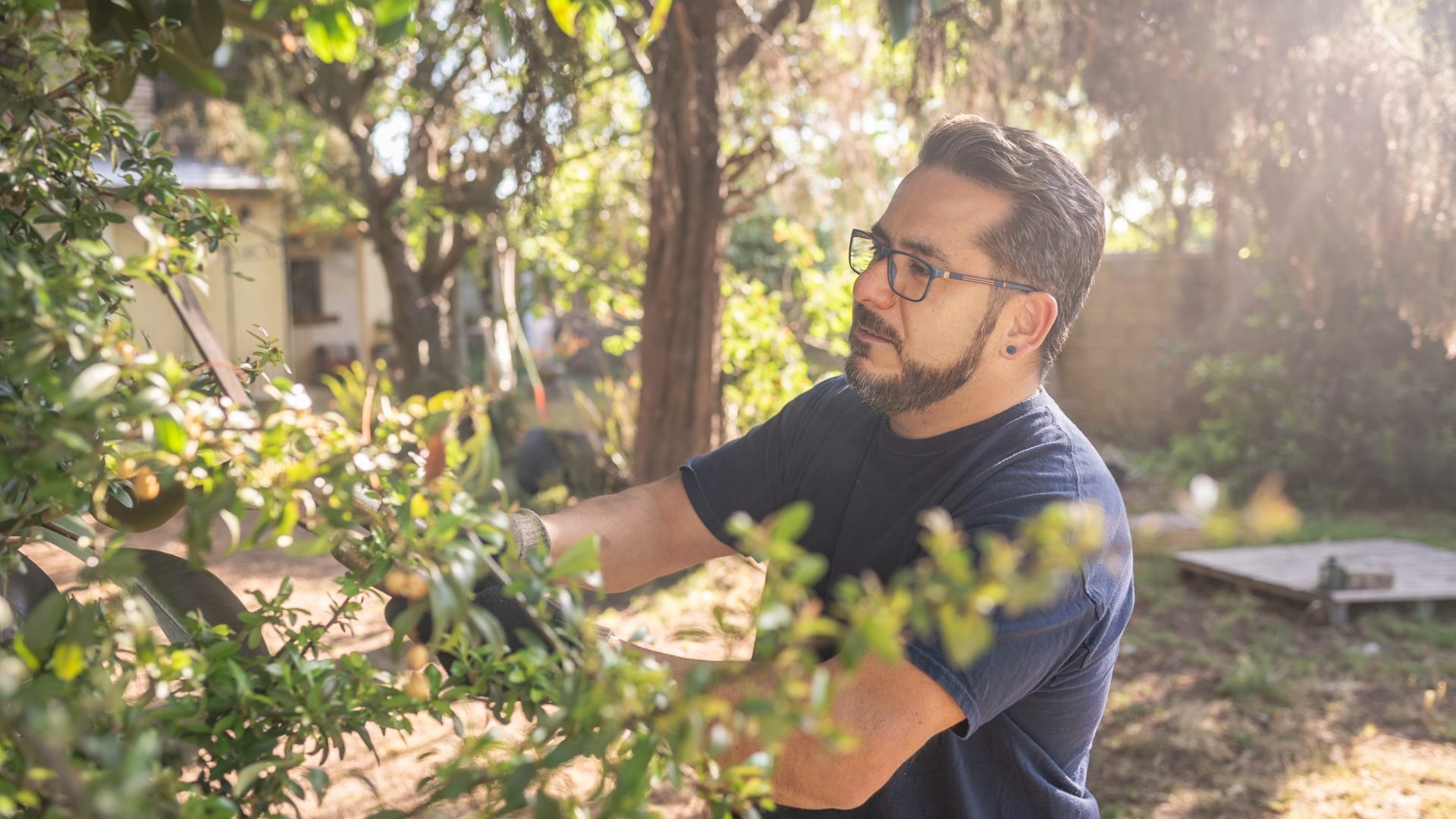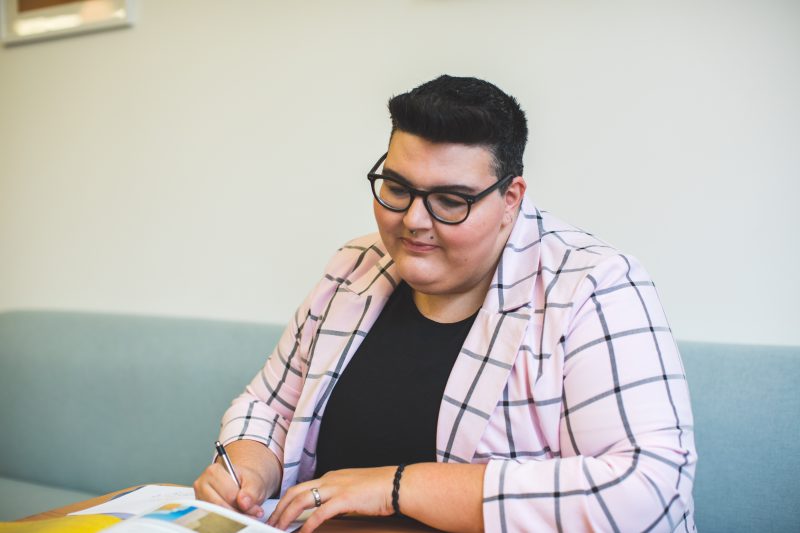There are many things you can do to improve your quality of life and overall wellbeing when living with HIV.
Key thing to know
Life doesn’t end after a positive HIV diagnosis. Life continues even if you have been diagnosed with HIV and there are many things you can do to improve your quality of life. Taking your medication, exercising and taking care of your mental health are just a few of them.
It is important to have a support network. Living with HIV can be lonely, especially if you are not ready to be open about it. You might find it helpful to connect with others living with HIV through the peer mentoring or community forum.
It might help to tell your employer that you have HIV. They might be able to make changes to how you work or give you time off to cope with your diagnosis. The information will be confidential, so they won’t share it with anyone else.
And remember, you can get help from us whenever you need it and in a way that suits you.
Get in touch
Tips on taking your HIV medication
- Get organised and note down somewhere when you take your medication – there are many apps that can help you track if you’ve taken your medication that day.
- Do it at the same time as another daily activity, for example brushing your teeth.
- Ask your doctor about other treatment options, if you feel that taking multiple pills every day is negatively affecting your life. You might be able to switch to single-tablet regimens or injectable HIV treatment.
- Set a reminder for when you need to take your medication, if you are planning a night out.
Tips on emotional wellbeing
- Don’t hold it all in. Living with HIV can have a big emotional impact and if you are not ready to talk to your friends or family yet, talking to someone who doesn’t know you can help. You can talk through your worries, say how you really feel and ask any questions without judgement or guilt. You can get in touch with us if you need emotional support.
- Connect with other people living with HIV. Get in touch and we can connect you with one of our peer mentors.
- Counselling can help deal with difficult emotions, especially if you are feeling depressed because of your diagnosis. Talk to your GP and explain how you are feeling – they should be able to refer you to the counselling services. Depression can also be an effect of the medication, so it is important to talk to your doctor if you are feeling depressed, as they might be able to change your medication.
Alcohol and drug use
Limiting alcohol and drug use is advised to anyone, regardless of their HIV status. However, for people living with HIV this advice is particularly important as getting drunk or being high can make you forget to take your HIV medication. If you are planning a night out, it might be a good idea to set yourself a reminder for the next morning to take your medication on time. Some recreational drugs can also have side effects if you are on HIV medication.
Where can I get help?
- You can contact us for advice and support, including one to one, group and peer support
- You can contact your GP and they will be able to refer you to mental health support services or help access counselling
- Samaritans – 116 123
- National Sexual Health Helpline – 0300 123 7123
- Sexual Health Information Scotland – 0800 22 44 88
Looking for support?
If you are living with HIV and need support understanding a new diagnosis, treatment or navigating life with HIV, we are here to help. Get in touch with us by filling out our contact form.




